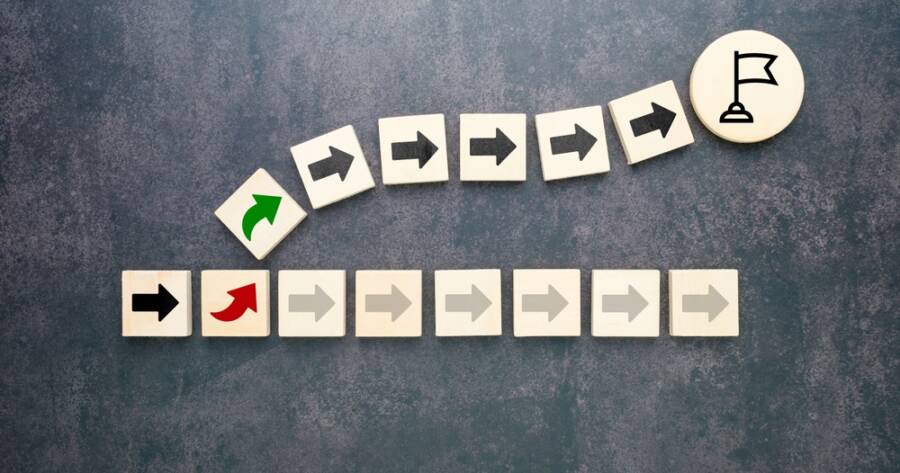Personal development is more than setting goals—it’s about understanding yourself and making sure you’re moving in the right direction. Many people want to improve areas such as confidence, communication, or productivity, but struggle to measure those changes in a meaningful way. This is where self-assessment tools can help. By using structured methods to reflect on your progress, you gain a clearer picture of your strengths, areas for growth, and the steps you need to take to continue evolving.
1. Personality Assessments
Personality assessments are one of the most common ways to begin self-reflection. These tools highlight how you approach situations, make decisions, and interact with others. Popular examples include frameworks like the Myers-Briggs Type Indicator (MBTI) or the Big Five Personality Traits. While these assessments don’t define who you are, they provide valuable insights into patterns of behavior.
When you retake these assessments over time, you can notice shifts in your tendencies. For instance, someone who once identified as highly introverted may find themselves becoming more comfortable in social roles after months of practicing public speaking. Tracking these changes helps you see whether your daily actions are reshaping how you think and interact with the world.
2. Emotional Intelligence (EQ) Tests
Emotional intelligence plays a huge role in both personal and professional success. EQ tests measure your ability to recognize, understand, and manage emotions—both your own and those of others. Strong emotional intelligence is linked to better relationships, improved leadership, and greater resilience in stressful situations.
Self-assessment tools in this area often ask questions about how you respond to conflict, how well you read social cues, or how you regulate your emotions in difficult moments. Taking these tests regularly provides a roadmap for developing greater self-control and empathy. Over time, you can track improvements and pinpoint areas—like active listening or stress management—that need continued focus.
3. Goal-Tracking Apps for Everyday Habits
Dedicated goal-tracking apps such as Habitica and Strides are designed to help people transform their ambitions into daily actions. Habitica gamifies progress by rewarding you with points and levels for completing tasks, while Strides uses visual charts and reminders to show how consistent you’ve been over time.
These tools work especially well for personal habits—like exercising regularly, reading more, or improving sleep—because they turn abstract goals into measurable progress you can see at a glance.
4. Digital Boards for Organizing Long-Term Growth
For bigger-picture development, tools like Trello and Notion provide flexible platforms to organize complex goals. Trello’s board-and-card system allows you to break down a large objective, such as career advancement or skill-building, into manageable steps.
Notion, on the other hand, combines note-taking, databases, and scheduling in one space, making it a powerful option for tracking multiple areas of growth at once. These digital boards not only keep you organized but also act as a long-term record of how your priorities and accomplishments have evolved.
5. 360-Degree Feedback Surveys
Unlike other tools that rely only on self-reflection, 360-degree feedback involves gathering input from people around you—coworkers, mentors, or even close friends. These surveys provide an honest picture of how others perceive your behavior and performance. Because personal development often impacts relationships and teamwork, outside feedback is extremely valuable.
By reviewing feedback from multiple perspectives, you can see whether the changes you’re working on are noticeable to others. For example, if you’ve been focusing on improving communication, feedback from colleagues can confirm whether they’ve observed improvements in clarity and listening. Tracking results from repeated rounds of feedback helps ensure that your growth is visible not only to you but also to those you interact with daily.
Turning Insights Into Growth
Self-assessment tools are not meant to label you or limit you—they are guides to help you see your growth clearly. Whether you use personality tests, emotional intelligence assessments, strengths inventories, values questionnaires, or 360-degree feedback surveys, the key is consistency.
When you revisit these tools regularly, you create a map of your personal journey. By comparing past and present results, you gain a deeper understanding of your progress, making it easier to stay motivated and intentional about your personal development.

